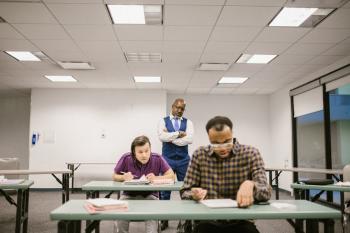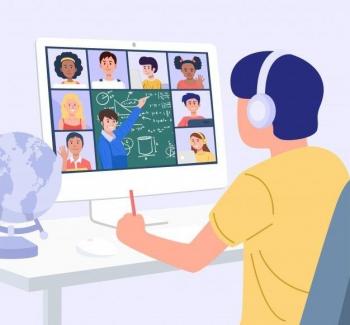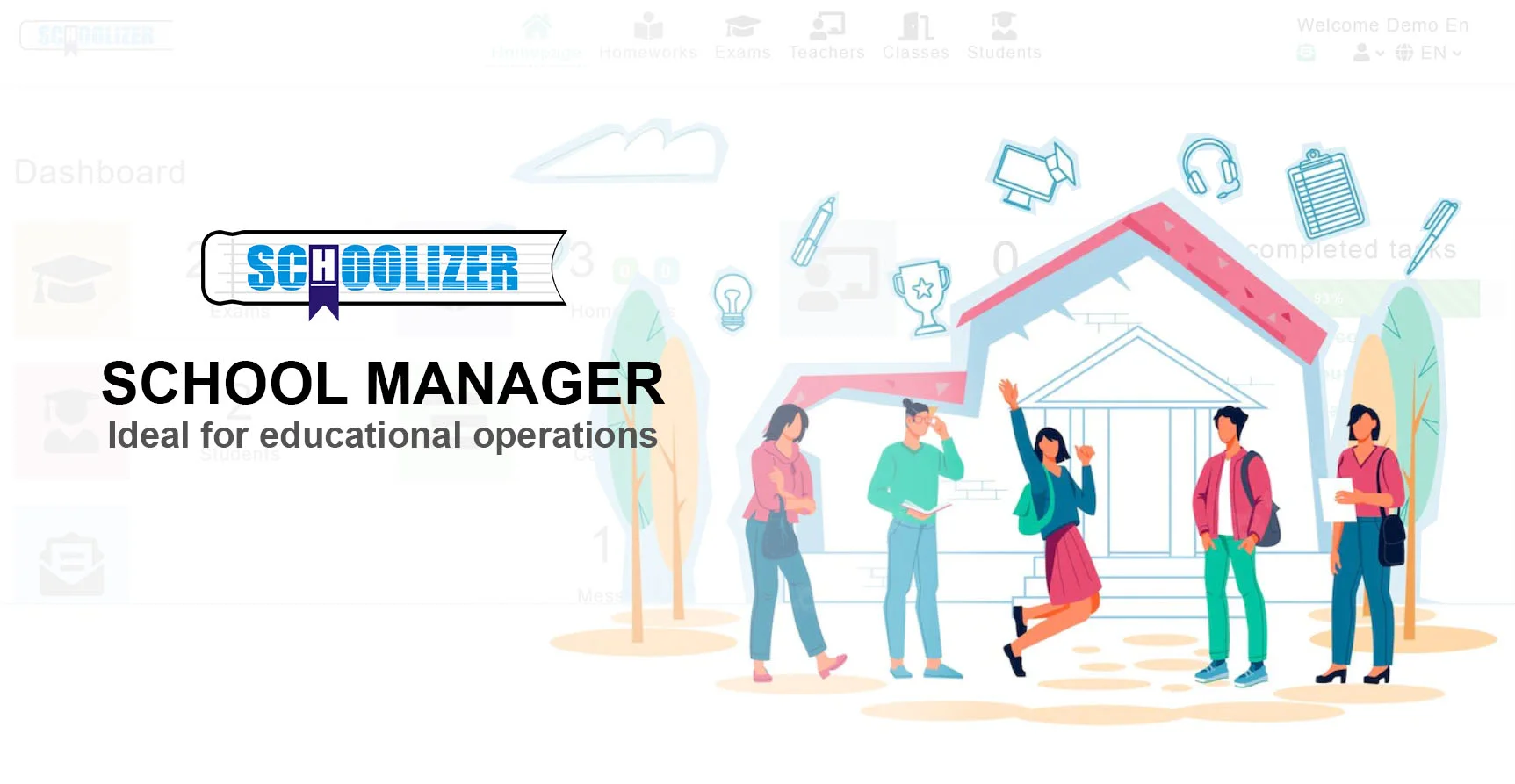How Colleges Are Bridging the Gap by Awarding Credit for Life Experience

How Colleges Are Bridging the Gap by Awarding Credit for Life Experience
What if the skills you've gained from years of work, military service, or volunteer activities could count toward a college degree? Why are more institutions recognizing non-traditional learning? And how does this shift benefit both students and higher education as a whole? These questions are at the heart of a growing trend in academia: awarding college credit for life experience.
The Rising Demand for Alternative Credit Options
As enrollment numbers decline across many colleges, institutions are seeking innovative ways to attract and retain students—particularly adult learners. Traditional degree paths often don't accommodate the realities of working professionals, veterans, or those with extensive career experience. By offering credit for prior learning (CPL), colleges provide a faster, more affordable route to degree completion.
For example, Western Governors University has pioneered competency-based education, where students progress by demonstrating mastery rather than completing credit hours. A nurse with decades of experience might test out of introductory courses, saving both time and tuition costs.
How Life Experience Translates to Academic Credit
Colleges use various methods to evaluate experiential learning. Portfolio assessments allow students to document skills through work samples, certifications, or detailed narratives. Standardized tests like CLEP (College-Level Examination Program) measure knowledge in specific subjects. Some institutions partner with employers to evaluate corporate training programs for credit equivalency.
Take the case of Starbucks' partnership with Arizona State University. Baristas can earn credit for skills gained through the company's training programs, accelerating their path to a bachelor's degree.
Breaking Down Barriers for Non-Traditional Students
Adult learners face unique challenges—family responsibilities, full-time jobs, and financial constraints often deter them from pursuing degrees. CPL programs directly address these obstacles. A 2020 CAEL study found that students who earned credit for prior learning were 17% more likely to graduate and saved an average of $1,500-$10,000 in tuition.
Military veterans particularly benefit. The American Council on Education translates military training into academic credit recommendations, helping service members transition to civilian careers. A veteran medic might receive credit for emergency medical courses, shortening their nursing degree timeline.
Quality Assurance in Experiential Learning
Skeptics question whether life experience truly equates to classroom learning. Accrediting bodies now provide rigorous standards for CPL programs. Faculty evaluators assess whether demonstrated skills meet course objectives, ensuring academic integrity.
Thomas Edison State University employs subject-matter experts to review portfolios. A graphic designer seeking art credits must submit client work samples, project documentation, and reflective essays proving their knowledge matches degree requirements.

The Future of Experiential Credit in Higher Education
As workforce needs evolve, colleges increasingly prioritize skill-based education. Microcredentials and digital badges now complement traditional degrees, with platforms like Coursera offering stackable credits. Some predict that within a decade, most institutions will incorporate some form of CPL.
Southern New Hampshire University's "College for America" program exemplifies this shift. Students complete real-world projects—like creating business plans for local nonprofits—to demonstrate competencies equivalent to coursework.
Practical Steps to Leverage Your Experience
For prospective students considering CPL options:
- Compile documentation: Certifications, work products, performance reviews
- Research institutional policies: Credit limits and fees vary
- Consult academic advisors: They help match experiences to curricula
- Prepare for assessments: Some programs require exams or interviews
A marketing professional might gather campaign analytics reports, client testimonials, and Google Ads certifications to petition for business credits.







